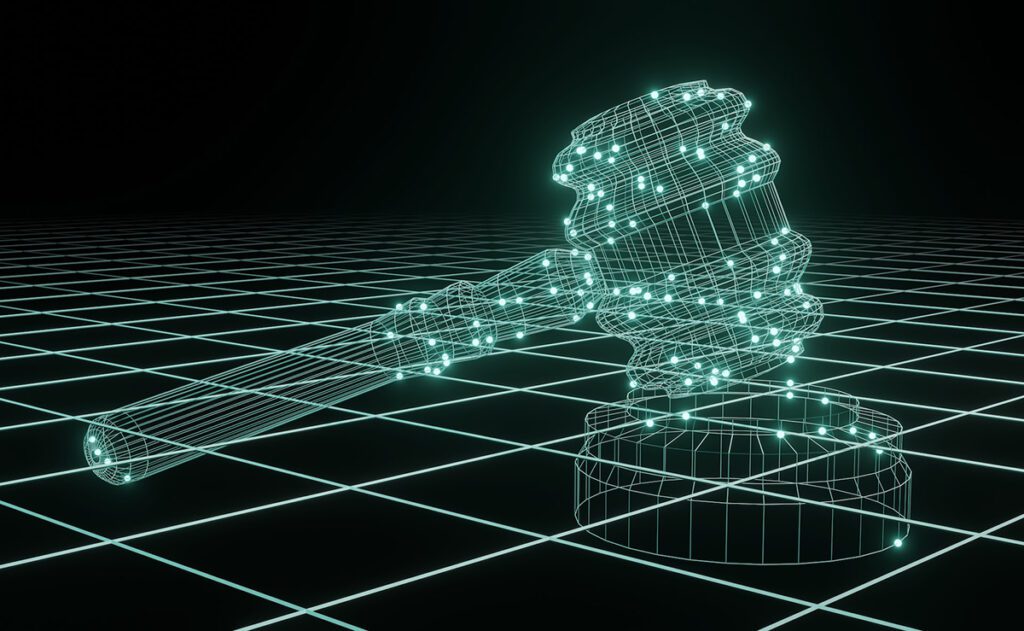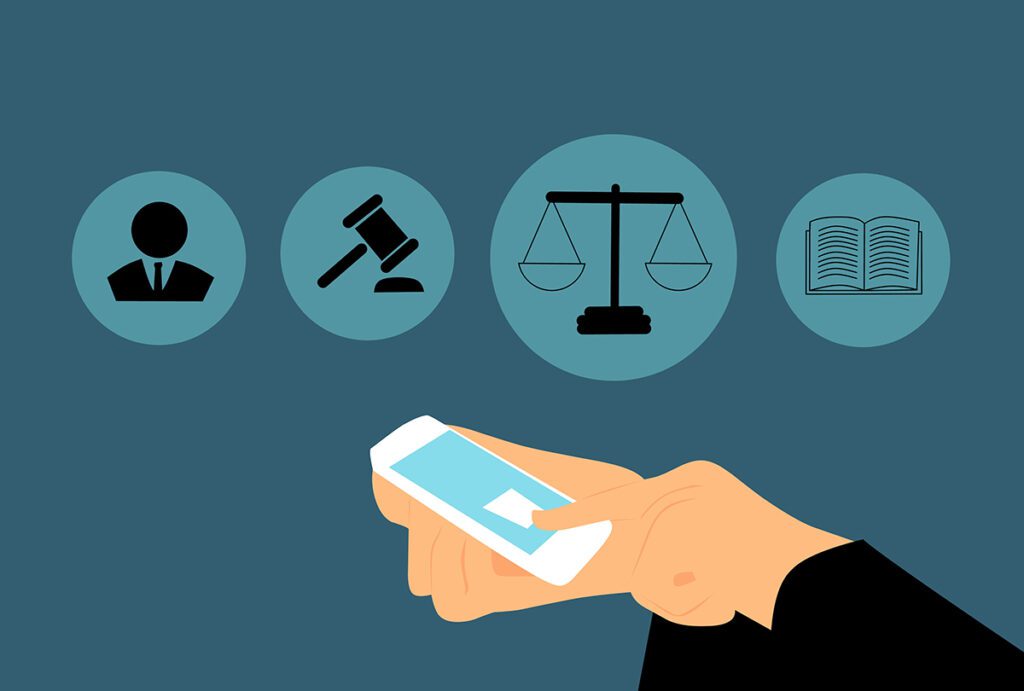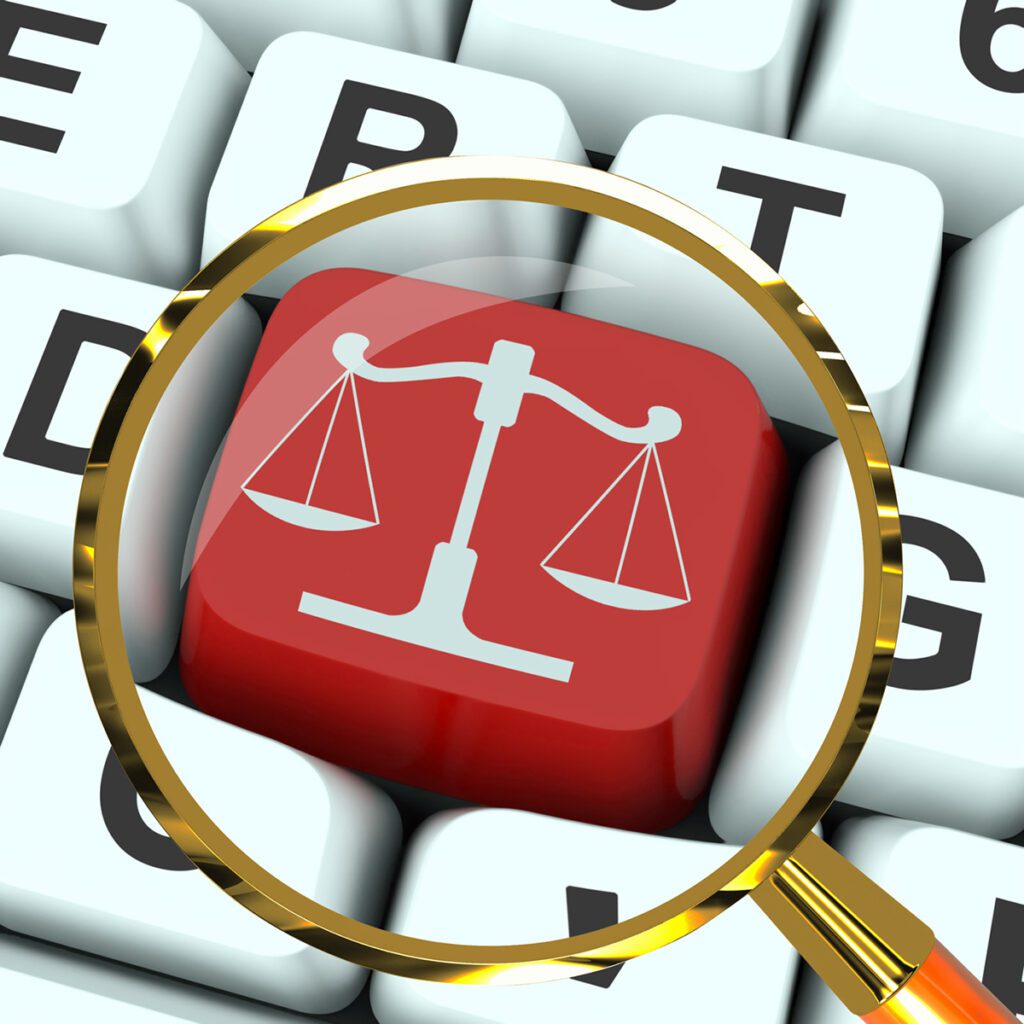
“Technology is best when it brings people together”. Social media entrepreneur, Matt Mullenweg, might have been talking about how we communicate. Nevertheless, court reporting technology also has the power to engage all stakeholders including courthouses, lawyers and many more. Remote court reporting jobs are central to this engagement.
Remote Court Reporting Jobs Transform an Industry
Covid accelerated the use of technology throughout the legal system. Today, digital is still transforming how everyone works. For example, verification requirements are increasingly being moved to digital rather than in-person. Moreover, as recently as January 2022, Florida state legalized remote oath-taking for legal proceedings. Previously, it had only been a temporary covid solution.
Remote court reporting jobs are now the norm and digital-savvy court reporters are more than ready to move forward in the digital world. As key players in this transformation, they often make a point of partnering with courthouses to advise and reassure. They also support cloud-based platforms, digital process integration applications and digital archiving where necessary.
According to PEW Research, courts in Florida, as well as Michigan and Texas, are working with external researchers. These parties are analyzing the courts’ data for potential process improvements. Overall, the general public will be better served because the aim is to remove any blocks or misunderstandings.
For example, during covid, the courts had no choice but to move quickly to digital platforms. This meant imperfect and clunky systems that put those without lawyers to guide them at a disadvantage. These issues have now been fixed but as we all know, technology is constantly changing and always needs improvement.
Certain courthouses, such as in Florida, are ahead of the game. They support remote court reporting jobs while also ensuring the following:
- Focusing on user experience
- Driving legalization
- Increased case participation
Focusing on user experience
Today, court officials are prioritizing users and their needs by letting go of complex paper processes. It’s a culture change that takes us away from traditional methods but helps put courts at the people’s service.
Driving legalization
Different states are choosing various options. Nevertheless, there’s a general move toward accepting that practical solutions work best. So, digital is being used to speed up clunky processes.
Increased case participation
A major benefit of remote court reporting jobs is that everyone can be remote. This means that more people are attending proceedings than previously happened.
How Court Reporters are Adopting Technology
There is a range of tools that go with remote court reporting jobs. Traditionally, court reporters relied on a stenograph machine to record their shorthand notes. They would then transcribe everything into a complete document after court proceedings.
These days, court reporters still have their shorthand notes but they also use a suite of tools. They aim to improve their turnaround times and their accuracy. For this they adopt any or all of the following tools:
1- Trained in digital tools and software
These days you can find various schools and programs to learn the digital tools available for remote court reporting jobs. Overall, becoming a certified court reporter takes between 18 to 24 months depending on whether you already have a degree or not.
In court reporter programs, future reporters learn how to use software such as computer-aided transcription (CAT) software. They also become familiar with connecting their stenograph machine or other recording devices to their laptop. The idea is to have a backup to refer to whilst also being able to provide real-time transcription.
Another interesting digital tool is the automated speech recognition software used with a stenomask. In that case, court reporters speak into a mask and the software translates their voice into a written document.
It’s important to note that remote court reporting jobs require court reporters to partner with technology. This isn’t about replacing people with software. On the contrary, final transcripts will always need a human to sign off and certify the document.

2- Signed onto video conferencing applications
Many freelancers take on remote court reporting jobs for which they have their own digital platform accounts. Of course, courthouses and reporting firms have also adopted video conferencing.
Clearly, video conferencing has been around for some time but covid turned it into an everyday tool. There were some teething problems at the beginning but now most applications work well. Having said that, there are also applications in the background to act as a backup in case connections are lost.
Another benefit that remote court reporting jobs offer is that many other remote people can also join proceedings. In some cases, several people can also watch the transcript being written in real-time. Although, reporters might still need to press pause to get people to repeat something if wasn’t spoken clearly enough.
3- Implemented video recording backups
Technology is an incredible development but nothing in life is perfect and glitches happen. Anyone working in remote court reporting jobs has their preferred mode of backup. This could be a microphone connected to CAT software on a laptop or the full video and audio recording.
Naturally, all parties involved in proceedings have to give their consent to be recorded. This is part of the logistics that court reporters now also manage. It’s also important for them to check the equipment beforehand to limit any possible issues.
The best court reporters also manage all stakeholders before court proceedings to ensure they’re ready to speak clearly. Remote court reporting jobs only work when everyone collaborates and respects each other’s talking time. That means that reporters sometimes have to mentor witnesses to speak slowly.
4- Leveraged electronic reporting
Most states have now legalized electronic storage for legal documents. Although, workers in remote court reporting jobs usually keep several copies. They’ll use different formats just to cover any potential digital issues.
Part of remote court reporting jobs is to file transcripts with the court clerks as well as with the reporting firms reporters work with. Attorneys sometimes need to refer back to case notes. At other times, there might be a need to do a mini audit that proceedings are still following best practices.
Furthermore, remote court reporting jobs also cover all the backup work required for proceedings. So, court reporters ensure e-signatures and in some cases, e-payments are being processed correctly.
For many people, all this can feel daunting. Attorneys are always there to support people but court reporters can also explain the process. They can become a calming voice to guide witnesses and other key parties to try to get the best experience possible for everyone.
5- Adopted AI transcription tools to improve turnaround
One of the biggest benefits of AI for remote court reporting jobs is the arrival of real-time transcription. This allows attorneys to preempt possible surprises and to keep fine-tuning their approach. Most importantly, it means that relevant stakeholders can have a rough draft of the transcript as soon as the proceeding ends.
As mentioned, court reporters still need to do a final edit before they can certify the transcript. AI is a useful tool but it can’t replace people. Various research shows that humans transcribe more accurately. Moreover, AI often struggles with accents or even the slightest background noise. Finally, AI can’t stop proceedings to ask people to repeat or pause transcribing for an exhibit to be viewed.
Nevertheless, AI is useful because court reporters can simply edit and finalize. They essentially skip out the step where they would need to type up their notes into a proper document with full sentences. Now you are guaranteed a 24-hour turnaround where before it could have been days, depending on the backlog.
6- Partner with apps to streamline backend processes
All remote court reporting jobs have their way of doing things. Nevertheless, court reporters will get to know the most efficient ways to link up the backend processes. These could be anything ranging from e-notarization and e-records to e-filing and e-signatures. In addition, remote court reporters are now adept at remote oaths.
Some companies are now also capitalizing on courthouses going digital. For example, they have set up support systems for remote court reporting jobs. So, court reporters are never alone even as freelancers. Although, of course, with remote court reporting firms they get all the benefits of working with a team. At the same time, they can be confident that their tools work 24/7.

Parting Words on Remote Court Reporters Driving the Industry Forward with Technology
The legal system had to adapt to covid but now, there’s no going back. Remote court reporting jobs are the norm and are even enabling more people to join proceedings because of remote access.
Court reporters themselves are experts at using the technology. In essence, their transcripts are faster and more accurate than ever before. Together, the industry stakeholders are improving the system so that everyone can benefit from justice.





